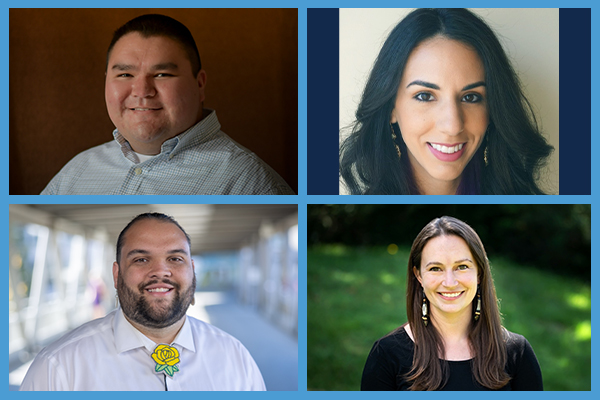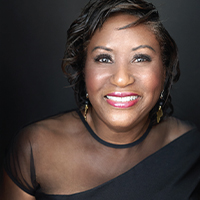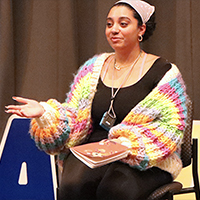by Matthew Smith
The University of North Carolina at Chapel Hill’s Race, Racism and Racial Equality (R3) Symposium will host its eighth event this spring, welcoming Indigenous scholars to share their efforts of advancing racial equity through their research and using anti-oppressive methods in their work.
The symposium will be held virtually on April 17 from 2:30–4 p.m. Register for the event online at https://go.unc.edu/R3Event8.

April’s event, “Citizenship and Sovereignty — Highlighting Indigenous Student Scholarship” will feature four students from the areas of American studies, public health, anthropology and clinical laboratory sciences. Their work touches in some way on the theme of citizenship and sovereignty, from respecting sovereignty by navigating tribal channels when conducting research to how citizenship allows or disallows access to health.
Panelists for the event include:
- Joel Begay, doctoral student, UNC Gillings School of Global Public Health
- Marissa Carmi, doctoral candidate, American Indian and Indigenous Studies
- Ryan Dial, master’s student, Clinical Laboratory Sciences
- Rachel Wilbur, doctoral alum, Anthropology
Carmi, who also serves as the associate director of the UNC American Indian Center and is a member of the Oneida Nation, said she is excited to bring Oneida perspectives to the conversation.
“My work considers how everyday Oneida people in both New York and Wisconsin understood themselves as distinctly Oneida in the 20th century, and the actions they took — large and small — to secure an Oneida future and Oneida futures,” she said. “An ongoing conversation in my community about what it means to be an Oneida citizen today inspired me to think about how Oneida people may have answered this question in the past.
“I think the symposium will showcase to attendees the dynamic range of ideas and philosophies across Native America.”
Department of Political Science and undergraduate Honors Carolina student Colby Taylor will serve as moderator for the panel.
“We are excited to partner with the UNC American Indian Center to present this unique R3 event, composed completely of current and recently graduated UNC student scholars,” said Allison De Marco, R3 co-founder and equity lead for the Jordan Institute for Families. “When the Carolina Indian Circle was founded in 1974, there were fewer than 50 American Indian students enrolled at UNC. Almost 50 years later there are still less than 300, a small number despite North Carolina having the largest American Indian population east of the Mississippi from eight tribal nations.
“These student scholars are doing important work to advance equity on our campus and in their communities. We are thrilled to provide a platform to highlight that work.”
Along with hearing the stories of the panelists, the symposium will present a brief history of Indigenous university admissions and activism, from the first UNC American Indian student Henry Owl to the founding of the UNC American Indian Center and the Carolina Indian Circle.
Learn more about the R3 Symposium online through the University Office for Diversity and Inclusion.
Related stories

Renowned speaker to present annual Bobby Boyd Leadership Lecture
The School of Social Work welcomes Carolyn West as the guest speaker for the 2024 annual Bobby Boyd Leadership Lecture Series.

Harambee celebration returns to UNC School of Social Work
After a three-year hiatus, students from the University of North Carolina School of Social Work “all pulled together” to bring back one of the School’s beloved traditions — Harambee.

